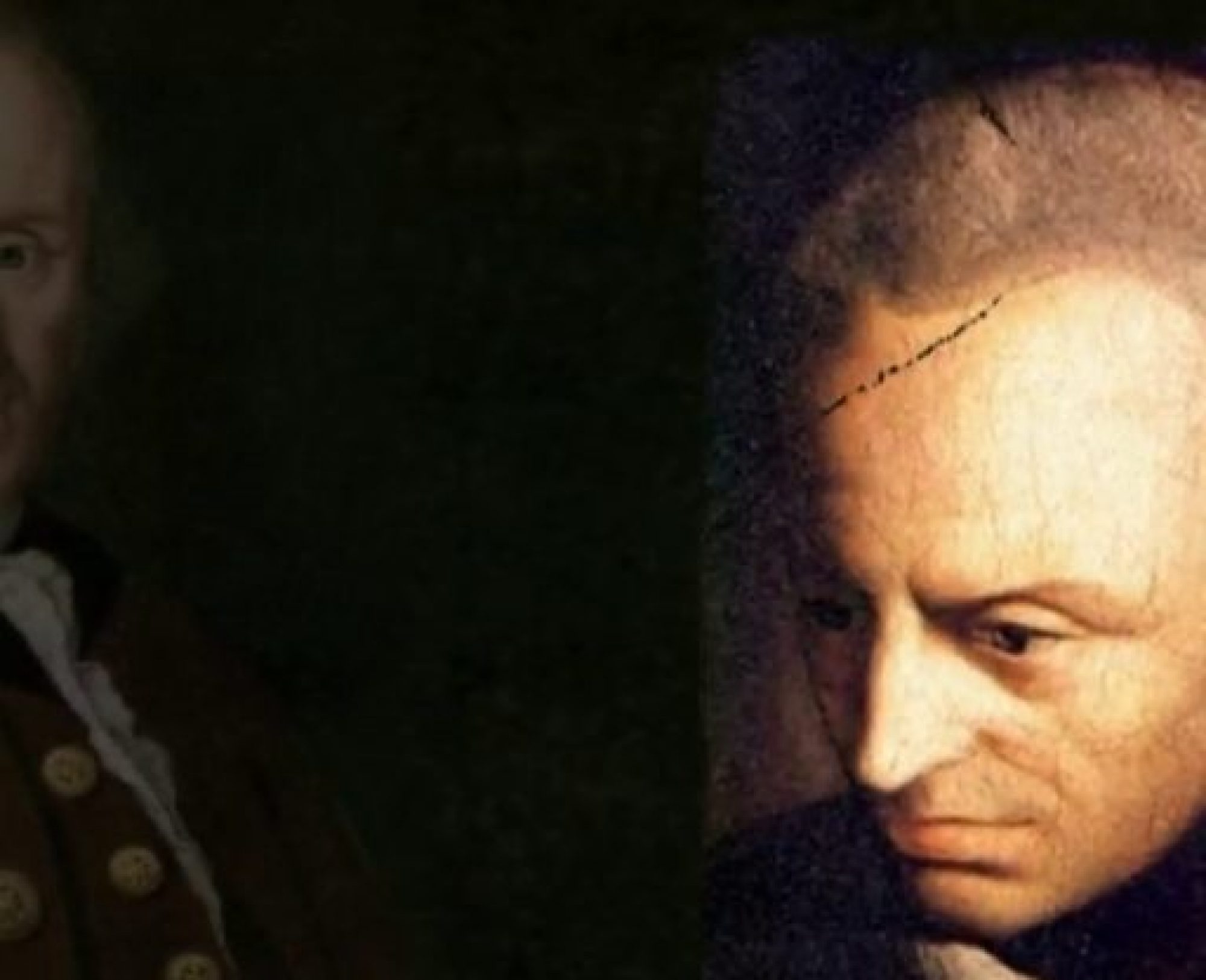Channel: Nina Slanevskaya
Duration: 2:24
Description:
Immanuel Kant (1724-1804) the great German philosopher was buried in the Prussian city of Königsberg (Kaliningrad, Russia), The video date: 31.12.2009
Published: February 2, 2010 6:49 pm

Channel: Nina Slanevskaya
Duration: 2:24
Description:
Immanuel Kant (1724-1804) the great German philosopher was buried in the Prussian city of Königsberg (Kaliningrad, Russia), The video date: 31.12.2009
Published: February 2, 2010 6:49 pm
Channel: Intellectual Exercise
Duration: 5:2:56
Description: [Philosophical Analysis of Our Existence] Anthropology (by Immanuel Kant) Philosophy Audiobook
Published: February 5, 2017 12:11 pm
Channel: aline bennett lippstein
Duration: 3:40
Description: Three Minute Philosophy – Immanuel Kant
Published: September 8, 2012 10:03 pm
Channel: GermanicGod
Duration: 3:18
Description: A short bio of Immanuel Kant.
Published: February 21, 2010 2:19 am
Channel: Old Library Audiobooks
Duration: 7:2:35
Description:
The Critique of Pure Reason is a book by Immanuel Kant that is considered one of the most influential works in the history of philosophy.
Published: March 17, 2017 7:01 pm
Channel: Inspiration 365
Duration: 2:2:9
Description: “Perpetual Peace: A Philosophical Sketch” (German: Zum ewigen Frieden. Ein philosophischer Entwurf) is a 1795 essay by Immanuel Kant.
SUMMARY OF PERPETUAL PEACE by IMMANUEL KANT: In this essay, Kant proposed a peace program to be implemented by governments. The “Preliminary Articles” described these steps that should be taken immediately, or with all deliberate speed:
1 – “No secret treaty of peace shall be held valid in which there is tacitly reserved matter for a future war”
2 – “No independent states, large or small, shall come under the dominion of another state by inheritance, exchange, purchase, or donation”
3 – “Standing armies shall in time be totally abolished”
4 – “National debts shall not be contracted with a view to the external friction of states”
5 – “No state shall by force interfere with the constitution or government of another state”
6 – “No state shall, during war, permit such acts of hostility which would make mutual confidence in the subsequent peace impossible: such are the employment of assassins (percussores), poisoners (venefici), breach of capitulation, and incitement to treason (perduellio) in the opposing state”
Three Definitive Articles would provide not merely a cessation of hostilities, but a foundation on which to build a peace.
1 – “The civil constitution of all states to be republican”
2 – “The law of nations shall be founded on a federation of free states”
3 – “The law of world citizenship shall be limited to conditions of universal hospitality”
Kant’s essay in some ways resembles modern democratic peace theory. He speaks of republican, Republikanisch (not democratic) states, which he defines to have representative governments, in which the legislature is separated from the executive. He does not discuss universal suffrage, which is vital to modern democracy and quite important to some modern theorists; later commentators dispute whether it is implied by his language, although many Enlightenment thinkers advocated a more aristocratic republicanism by men of letters. The essay does not treat republican governments as sufficient by themselves to produce peace: freedom of emigration (hospitality) and a league of nations are necessary to consciously enact his six-point program.
Kant claims that republics will be at peace not only with each other, but are more pacific than other forms of government in general.
Summary of Perpetual Peace, a Philosophical Sketch by German Philosopher Immanuel Kant adapted from Wikipedia.
Published: November 13, 2017 1:16 am
Channel: Gottfried Leibniz
Duration: 19:59
Description: Adrian Moore discusses Immanuel Kant’s metaphysics.
Published: December 11, 2011 3:13 am
Channel: Intellectual Exercise
Duration: 3:3:9
Description: The Fundamental Principles of the Metaphysic of Morals, also known as The Groundwork of the Metaphysics of Morals or Foundations of the Metaphysics of Morals or Grounding of the Metaphysics of Morals, is Immanuel Kant’s first contribution to moral philosophy. It argues for an a priori basis for morality. Where the Critique of Pure Reason laid out Kant’s metaphysical and epistemological ideas, this relatively short, primarily meta-ethical, work was intended to outline and define the concepts and arguments shaping his future work The Metaphysics of Morals. However, the latter work is much less readable than the Fundamental Principles.
The Fundamental Principles of the Metaphysic of Morals, Philosophy Audiobook, by Immanuel Kant
Published: April 12, 2014 12:53 pm
Channel: Seth Tichenor
Duration: 8:52
Description: This is an introduction to some of the very general ideas in Kant’s philosophy.
Published: October 4, 2010 2:20 am
Channel: German Channel
Duration: 0:14
Description: Learn how to pronounce the name immanuel Kant right.
Immanuel Kant, 22 April 1724 — 12 February 1804) was a German philosopher from Königsberg in Prussia (today Kaliningrad, Russia) who researched, lectured and wrote on philosophy and anthropology during the Enlightenment at the end of the 18th century.
Published: September 2, 2012 2:55 pm